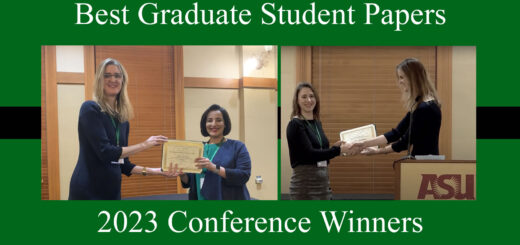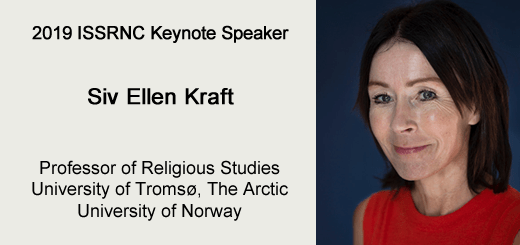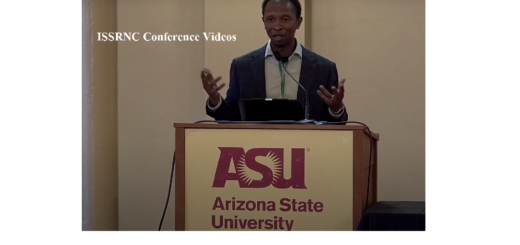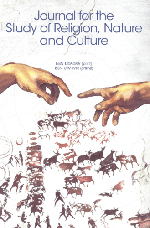The Joy of Working Groups
 You already know that the International Society for the Study of Religion, Nature and Culture (ISSRNC) is about generating and advancing interdisciplinary research on the intersection of religion, nature, and culture. Like all academic organizations, we hold conferences; and of course, you’re very familiar with those. You know the routine: you’re inspired by those conference presentations; you participate in all kinds of wonderful conversations; and you head home fired up to pursue your exciting new ideas. But then, somehow, the whole thing kind of dies out—until the next conference.
You already know that the International Society for the Study of Religion, Nature and Culture (ISSRNC) is about generating and advancing interdisciplinary research on the intersection of religion, nature, and culture. Like all academic organizations, we hold conferences; and of course, you’re very familiar with those. You know the routine: you’re inspired by those conference presentations; you participate in all kinds of wonderful conversations; and you head home fired up to pursue your exciting new ideas. But then, somehow, the whole thing kind of dies out—until the next conference.
Do you long for opportunities to break this cycle?
ISSRNC’s working groups provide a supportive, collegial environment to help you sustain enthusiasm for your work in the span between conferences. Here are the working groups already active and ready for your one-of-a-kind insights and contributions.
- Ecology and Critical Theory (Whitney Bauman, chair)
- Teaching Methodologies and Pedagogies in Religion and Ecology (Luke Johnston, chair)
- Ecology and Gender (co-chairs Emma Tomalin and Elaine Nogueira-Godsey)
- Ecology and Philosophy (Mark Peterson, chair)
- Ritual, Religion, and Nature (co-chairs Kristina Tiedje and David Haberman)
These groups aren’t just for show. Here are just some of the practical activities they’re engaged in.
Meetings, panel sessions, and workshops
These happen at the ISSRNC’s own conferences, of course, but working groups can also propose panels and meetings that can take place in other international conferences organized by various associates. Working groups are invited to showcase their research at panel discussions—making for great opportunities to highlight your group’s scholarship at future ISSRNC conferences.
Publications
Working Groups bring together experts in different areas related to ecology and culture. Through appropriate peer-reviewed process, groups can publish their research in the Journal for the Study of Religion, Nature and Culture (JSRNC). In an environment where publication is essential for visibility and career advancement, your group can work at the forefront of academic development.
Discussions
Obviously, each working group is a hub for lively discussion in its area of interest. In the Ecology and Gender group, for example, we’re brainstorming a panel proposal for the upcoming conference in Cork. Members from India, the USA, Brazil, and England are engaged in rousing exchanges that not only further the task of generating a proposal, but that also forge dynamic intellectual connections as we learn more about each other’s work.
A major perk of these groups is the opportunity for interaction across disciplines, not always available through a given campus department. As a pre-tenured assistant professor, I’m also finding that our working groups—like the ISSRNC itself—offer frequent and excellent occasions for connecting with senior colleagues. Plus, of course, it’s fun!
The groups listed above emerged organically from trial runs at the 2016 Gainesville and 2017 New York conferences. Don’t see one that interests you? Have an idea for another one? New groups can easily be added. Just email me or Mark Peterson and tell us what you and your colleagues would like to work on together.
Aside from that, please let us know if you have any suggestions about the working groups initiative in general. We’d especially love to hear from you if you’ve had experience with working groups, and/or if you’d like to take an active role in this stimulating and valuable aspect of academic life.
Looking forward to hearing your comments and suggestions,
Elaine













Dear Elaine
I joined a group some time back. Would like to remain active but do not find myself to be part of any discussion forum as yet. Also wish to do something at Cork, if possible.
Regards
Subhadra